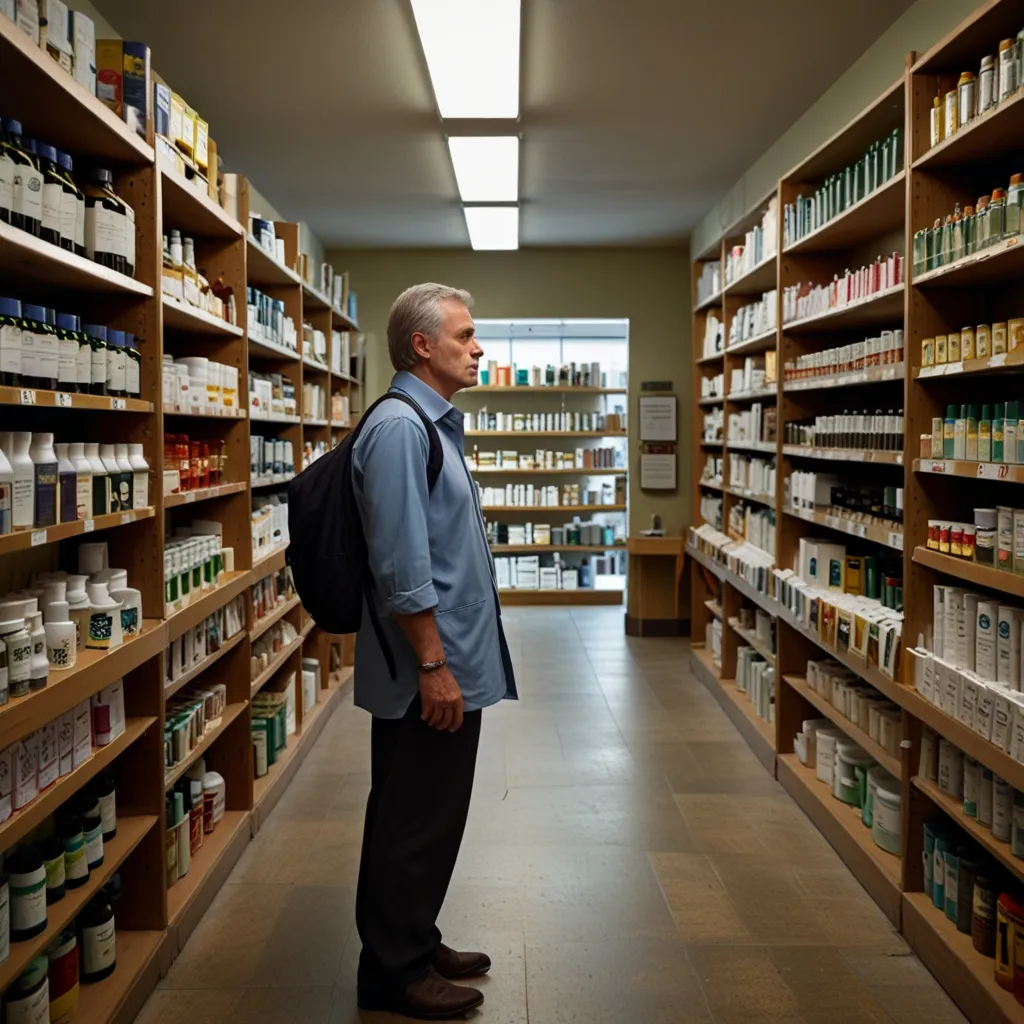Alternative medicine is becoming super popular these days. Folks are steering away from conventional doctors’ offices and turning towards more natural remedies. This trend sounds good, right? Natural stuff equals no harm, or at least that’s what many believe. But, hold on a second, there are some hefty risks tied to this alternative route that you might want to be aware of.
First off, those natural remedies you’re eyeing at your local health store? They’re not always as safe as they seem. Unlike the over-the-counter drugs we’re used to, which go through serious tests and regulations, a lot of these alternative treatments slip by without much oversight. This means what you think is a harmless herbal pill could actually contain some sketchy or even harmful substances.
Take St. John’s Wort, for instance. This herb is often turned to for its supposed mood-boosting properties. But mix this with prescription drugs like blood thinners or antidepressants and you’ve got yourself a potentially dangerous cocktail. Another example? Ginkgo biloba. It seems harmless but if you’re on anticoagulant medications, it can increase your risk of bleeding. These kinds of interactions are not just casual inconveniences—they can lead to serious health disasters.
We’ve also got a problem with people delaying proper medical treatment because they’re trusting in these alternative solutions. Imagine someone dealing with a serious condition like cancer. Opting for alternative therapies instead of medically-proven treatments like chemotherapy or surgery could mean the disease gets worse, and fast. Those life-saving early interventions get missed, making the disease tougher to treat later on.
There’s also some eyebrow-raising stuff going on in the world of alternative medicine. We’re talking about extreme practices, like treating autism with harmful substances, including bleach. Yep, you read that right. This isn’t just ineffective; it’s straight-up dangerous, causing both physical and mental damage to patients.
The lack of standardization in alternative treatments is another biggie. Unlike conventional medicine, which is grounded in scientific research and evidence, alternative treatments often rely on personal stories and unproven theories. So, there’s no real guarantee about their effectiveness or safety. You might end up spending your money and hopes on something that doesn’t work, or worse, makes things more complicated.
Talking about money, alternative treatments aren’t always easy on the wallet. Many of these supplements and therapies come at a hefty price. People sometimes invest significant cash into these options, hoping for a miracle, only to get disappointing results. This financial drain can be particularly harsh on those already struggling with medical bills.
Despite these risks, a lot of people still choose alternative medicine for various reasons. Some find it more within reach and affordable compared to traditional healthcare. Others lean towards it because of the holistic, whole-body approach often promoted by alternative therapies.
In recent years, there’s been a growing body of research digging into the real risks of alternative medicine. This research aims to categorize treatments based on the risk levels—high, moderate, and low—depending on the potential harm involved. High-risk treatments are, as you’d guess, the most dangerous, posing serious, sometimes permanent physical or psychological harm, even death. Moderate-risk treatments can still cause significant but potentially reversible harm, while low-risk ones usually carry short-term, less severe risks.
If you’re navigating the myriad streams of alternative medicine, a great way to go about it is to keep an open mind while staying informed and cautious. Integrative medicine, which blends conventional and alternative approaches, is a balanced path worth considering. It’s all about taking what works best from both worlds to create an effective treatment plan tailored to each individual’s needs.
Staying updated on the latest research and consulting with healthcare professionals who understand both fields can help bridge the gap between skepticism and blind faith in alternative medicine. It’s important not to dive into alternative treatments hastily, especially without professional guidance.
In a nutshell, while alternative medicine can indeed offer benefits, it’s crucial to acknowledge and understand the potential risks involved. By doing so, you make informed decisions about your health, ensuring you’re getting the best treatment possible. Whether you seek a more natural path or prefer traditional methods, the end goal is to find what genuinely works best for your health and well-being, minus the dangerous detours.






